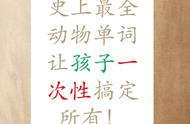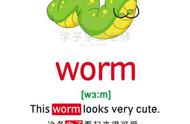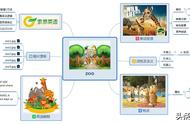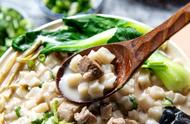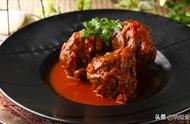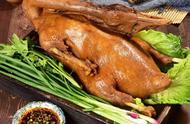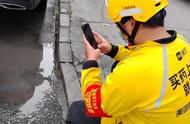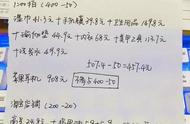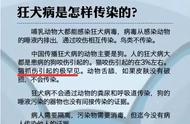在英语学习中,“chicken(鸡)、duck(鸭)、goose(鹅)”等动物名词是我们初学英语时最先接触的词汇。其实,这些动物名词也是可以用作动词的,它们可以用来比喻人,更加生动、形象、有趣。
chicken的意思是“鸡”,它可以用作动词经常和out连在一起使用,即chicken out,意思是“因害怕而放弃做某事”,含有贬义的意思。比如:I wanted to tell the director what I thought,but I chickened out (of it) at the last minute.我本想把自己的想法告诉董事,但在最后一刻我退缩了。

duck的意思是“鸭;野鸭;母鸭”。“小鸭子”一般用duckling。duck作动词时,主要意思有“急忙低下头/弯下身;躲避;逃避;回避”。比如:He saw a policeman coming, and ducked behind a car.他看到警察走过来,便马上弯下身躲到一辆汽车后面。His speech is full of generalizations and ducks all the real issues.他的讲话全是泛论,回避了所有实质性问题。

dog的意思是“狗”。dog可以用作动词,但它常用在被动语态当中,经常指“(问题和困难等的)紧随,纠缠”。比如:We were dogged by bad luck throughout the journey.一路上倒霉的事情总是缠着我们。
bug的意思是“虫子、臭虫”,也指计算机小程序、机器的“小毛病,故障”。bug也可用作动词,意思是“窃听;打扰;激怒;使厌烦”。比如:
The police have bugged his office.警方在他的办公室装了窃听器。It really bugs me when people come around without telephone first.有些人不事先电话就来,实在讨厌。Don’t bug me.别烦我。

goose 的意思是“鹅”,它同step一起构成动词goose-step,意思是“正步走,以正步走,行进”。比如:Troops goose-stepped past the reviewing stand.军队整不走过检阅台。
cow的意思是“牛”,而用作动词时的意思是“恐吓,威胁”。比如:The people were
cowed by the execution of their leaders.人民因自己的领袖被处死而被吓住了。

pig“猪”,用作动词时跟out搭配,构成pig out意思是“狼吞虎咽地大吃;大吃特吃”,而pig out on的意思是“狼吞虎咽地吃”。比如:
He prefers to pig out and not work out.他偏好大吃大喝,不爱做运动。I love to pig out on junk food.我喜欢吃垃圾食品。We pig out on pizza and beer.我们大吃比萨饼,大喝啤酒。


